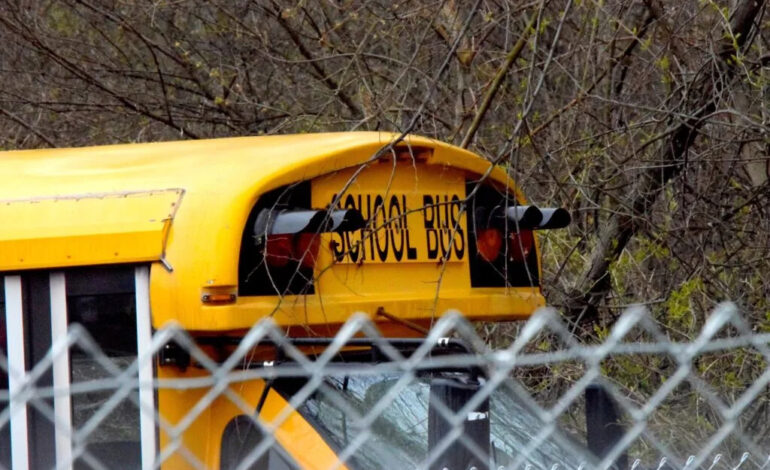Trump Administration Freezes $230 Million in Pennsylvania Education Funding

The Trump administration has withheld nearly $230 million in federal funding intended for public education in Pennsylvania, a decision that has significant implications for the state’s school districts. This action comes just hours before the funds were scheduled to be disbursed on July 1, 2023, leaving Governor Josh Shapiro and educational leaders scrambling to address budget shortfalls that threaten essential programs.
The U.S. Supreme Court recently allowed the administration to proceed with plans to cut 1,300 positions from the U.S. Department of Education, part of a broader initiative to reshape public education funding across the country. The decision to freeze funding was communicated to states via a brief email, which provided little context or rationale for the abrupt policy change.
As a result, Pennsylvania’s public education system faces a significant financial gap, particularly affecting the Philadelphia School District. This district, the largest in the state, relies heavily on federal support to maintain its operations and educational programming. The withheld funds were earmarked for critical initiatives, including after-school programs, teacher training, and support for English-learning and immigrant students.
In response to this funding freeze, Governor Shapiro has joined 23 states and the District of Columbia in a lawsuit against the Trump administration. They argue that withholding funds already allocated by Congress undermines the integrity of the federal education system and jeopardizes the quality of education for millions of students.
The Philadelphia School District has faced financial challenges for years, struggling to generate sufficient revenue to meet its annual budget. In the previous year, the district received substantial federal funding: $9.13 million for recruiting and training educators under Title II-A, $4.6 million for English-learning instruction under Title III-A, and $13.2 million for various educational enhancements through Title IV-A. The loss of these funds poses a serious threat to the district’s ability to fulfill its educational mission.
On July 18, 2023, the Trump administration announced it would release $1.3 billion of the $6.8 billion in frozen funds. This decision will allow some federally funded programs, such as the 21st Century Community Learning Centers grants, to continue operations. Nevertheless, the majority of the district’s budget remains underfunded, and the uncertainty surrounding federal assistance complicates future planning.
The implications of this funding freeze extend beyond immediate financial concerns. Without the promised federal dollars, Pennsylvania’s public school districts must devise alternative strategies to support their most vulnerable students. This challenge comes amid a highly polarized political landscape, where educational policies are often viewed through partisan lenses.
Historically, access to quality education has been viewed as a cornerstone of democracy. The Founding Fathers emphasized the importance of an informed electorate as a safeguard against tyranny. Generations of policymakers have echoed this sentiment, recognizing that the strength of a democracy is closely linked to the strength of its educational institutions.
Critics of the Trump administration’s education policy argue that the decision to withhold funds reflects a broader trend of undermining public education in favor of privatization and localized control. A spokesperson for the White House Office of Management and Budget claimed that federal grant programs had been misused to support what they described as a “radical leftwing agenda,” although no specific evidence was provided to substantiate this assertion.
In a landscape where educational funding is increasingly contested, the actions of the Trump administration may further entrench divisions in American society. The ongoing legal battle over federal education funding in Pennsylvania underscores the critical importance of stable and equitable funding for public schools, particularly for those serving economically disadvantaged communities.
As Pennsylvania navigates this crisis, the outcomes of these legal proceedings will likely resonate beyond state lines, influencing federal education policy and funding mechanisms across the United States. In the meantime, educators and students await clarity on the future of their resources, with the hope that the courts will uphold the principle that education is a shared responsibility deserving of adequate support.






